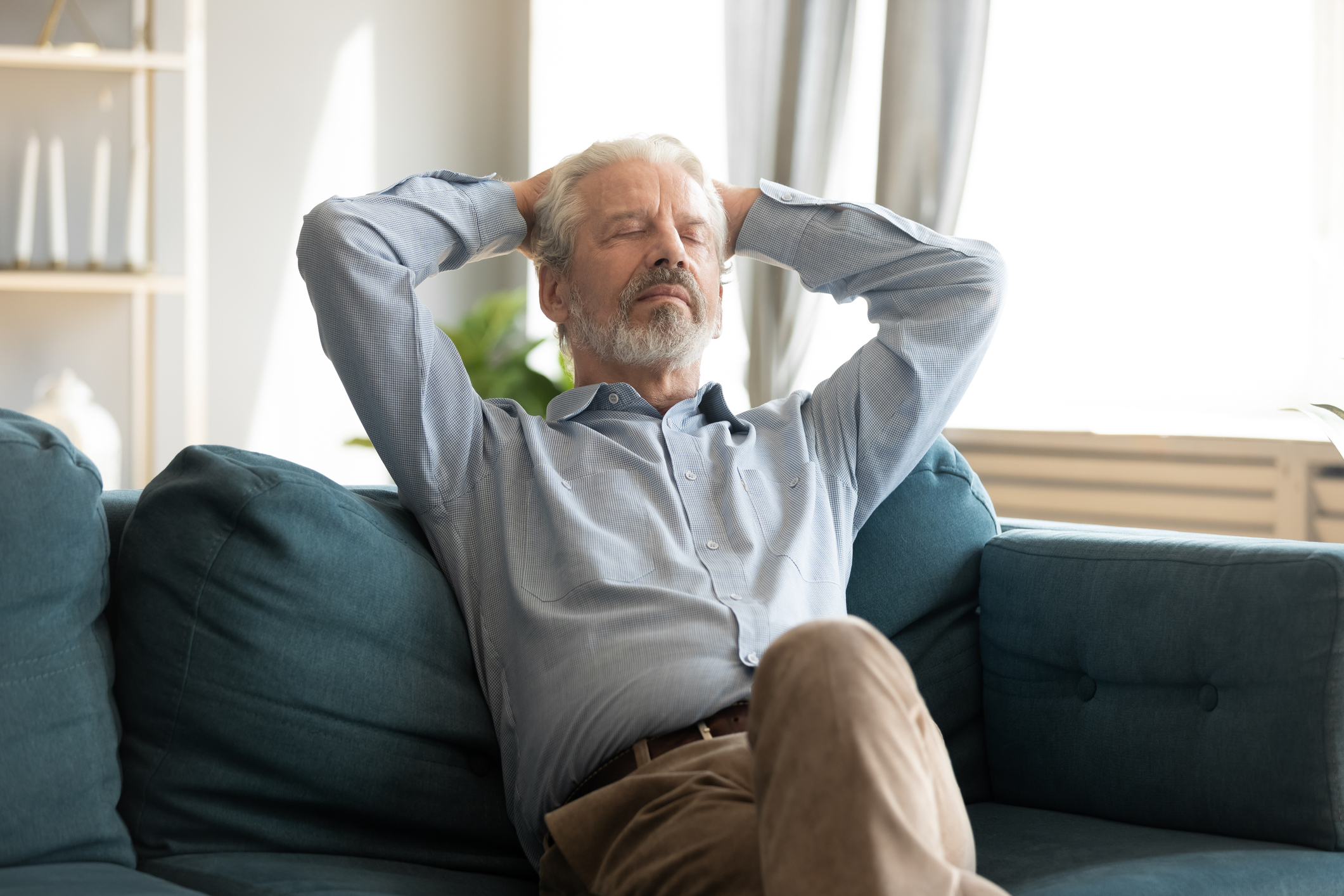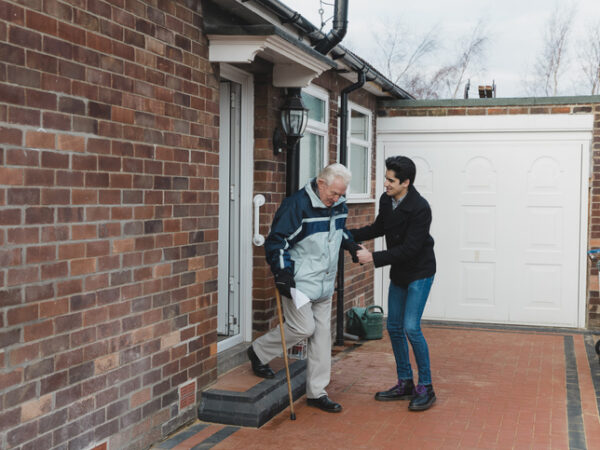Even if older adults avoided becoming ill from COVID-19 over the past two years, drastic changes in lifestyle with lock-downs, work-from-home initiatives, and social distancing have taken a toll. According to recent research, many older adults have suffered a loss of physical function and increased mental health problems.
With significantly more time spent at home since the pandemic began, daily commutes, social outings, and the activities of “normal life” were halted and this shift led to greater inactivity among older adults. For seniors who did contract the virus, it can take a long time to regain the loss of function after a hospital stay or recovery at home. A decline in physical strength and balance can hinder mobility and independence among older adults and contribute to an increased risk for falls and injury.
A study of Canadians over the age of 50 who had confirmed, probable, or suspected COVID in 2020 showed worsening mobility among those who had mild to moderate illness compared with those who were not infected. Nearly half of seniors over the age of 65 who had contracted COVID reported a decline in their ability to walk, exercise, and perform housework.
With the closure of gyms, yoga studios, pools, and seniors’ centers, many older adults stayed home more, ran fewer errands, and generally spent more time being sedentary. Even going to the theater or having coffee with girlfriends requires activity to get ready, and to move around more. Many people thought to themselves, “If I’m not going anywhere or seeing anyone, what’s the point of showering, doing my hair and makeup, or tidying up the house?”
Seniors who already had one or more chronic health conditions also may have lost access to rehabilitation and other services that helped them preserve physical function, leading to a greater loss of mobility and the ability to live independently. As the world gradually re-opens, older adults and their healthcare providers will have to create a plan to rebuild strength and balance to help prevent falls and preserve independence.
When starting any new exercise program, it’s important to talk first with your doctor and begin slowly, gradually increasing intensity and duration. Any activity is better than none, so for people who don’t enjoy walking on the treadmill or cycling on a stationary bike, doing a deep house cleaning, painting a room, walking the dog, shoveling snow, or parking farther away from store entrances can all help boost activity levels and improve fitness and strength. Try an online yoga or Tai Chi class – anything that gets you moving and you enjoy will help reverse a loss of function and improve overall wellbeing.






Add Your Voice
0 Comments
Join the Discussion